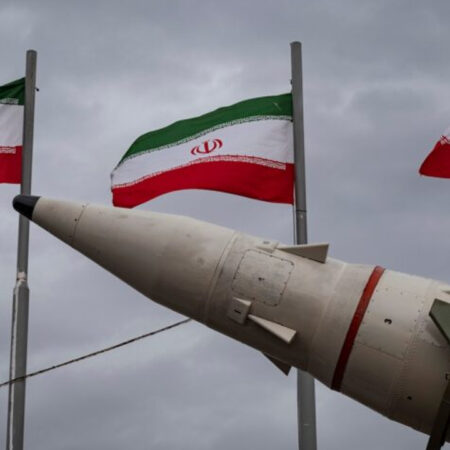As shares at the Pakistan Stock Exchange (PSX) fell more than 3,000 points in intraday trading, bears took over the trading floor. Analysts ascribed this to investor apprehension regarding possible Indian military action against the nation.
After closing at 114,872.18 at 9:53 a.m., the benchmark KSE-100 index fell 1,717.35 points, or 1.5%, to 113,154.83.
The index fell 2,073.42 points, or 1.8 percent, from the previous close at 10:38 a.m.
The KSE-100 index fell 3,255.42 points, or 2.83 percent, from the previous closing at 1:50 pm, indicating further selling pressure in the stock market.
Topline Securities CEO Mohammed Sohail blamed the drop on “news of a likely attack in the next few days.”
“Investors are concerned about possible Indian military action against Pakistan, and their concerns have grown since the information minister’s press briefing,” stated Awais Ashraf, director of research at AKD Securities.
The same opinions were expressed by Yousuf M. Farooq, director of research at Chase Securities.
The information minister’s “statement last night suggesting that India may take military action within the next 24–36 hours” put pressure on the market, he said.
“In the near future, the market will probably follow news flows about tensions between India and Pakistan,” he continued.
The decline was also largely attributed to geopolitical tensions between India and Pakistan, according to Sana Tawfik, head of research at Arif Habib Limited.
Amid tensions between the two nations following last week’s Pahalgam attack in occupied Kashmir, which New Delhi blamed on Islamabad without providing evidence, Information Minister Attaullah Tarar earlier in the day stated that “credible intelligence” reports suggested that India was preparing to launch a military action against Pakistan within the next 24 to 36 hours.
India granted its military “operational freedom” to react to the Pahalgam incident on Tuesday.
“Pakistan has credible intelligence that India intends to carry out military action against Pakistan in the next 24-36 hours on the pretext of baseless and concocted allegations of involvement in the Pahalgam incident,” Tarar told reporters hours after the occurrence.
He declared that Pakistan was utterly “reckless” and strongly opposed the “Indian self-assumed hubristic role of judge, jury, and executioner in the region.”
Following the International Monetary Fund’s (IMF) confirmation that the Fund’s Executive Board will convene on May 9 to discuss the nation’s staff-level agreement for a new $1.3 billion arrangement under a climate resilience loan program, as well as the first review of Pakistan’s ongoing $7 billion bailout program, the KSE-100 index recovered on the trading floor yesterday.
Pakistan jitters as HDFC Bank offsets Bajaj Finance’s losses, while Indian markets remain steady.
While Bajaj Finance saw a dip despite reporting an increase in fourth-quarter profit, Indian markets were restrained as advances in heavyweight HDFC Bank helped offset the impact from tensions with Pakistan.
As of 10:43 am, the BSE Sensex had dropped 0.07 percent to 80,236.6, while the Nifty 50 was down 0.05 percent at 24,324.
In early trading, the benchmarks fluctuated between 0.2 percent gains and 0.2 percent losses.
“At the moment, investors are more concerned with geopolitical tensions (with Pakistan) than with US tariffs,” stated Anita Gandhi, founder and head of institutional business at Arihant Capital Markets.
According to Reuters on Tuesday, Indian Prime Minister Narendra Modi gave military leaders latitude in reacting to the attack in Pahalgam last week.
Five of the six sessions after the incident have seen an increase in the Nifty volatility index.
The small- and mid-cap stocks lost 0.6 and 0.1 percent, respectively, on Wednesday, while six of the 13 key sectors saw declines.
Despite reporting a better quarterly profit, non-bank lender Bajaj Finance saw a 5.4 percent decline, leading losses on the Nifty, as brokerages pointed to higher lending charges and a lower pre-provision profit as drawbacks.












No Comment! Be the first one.